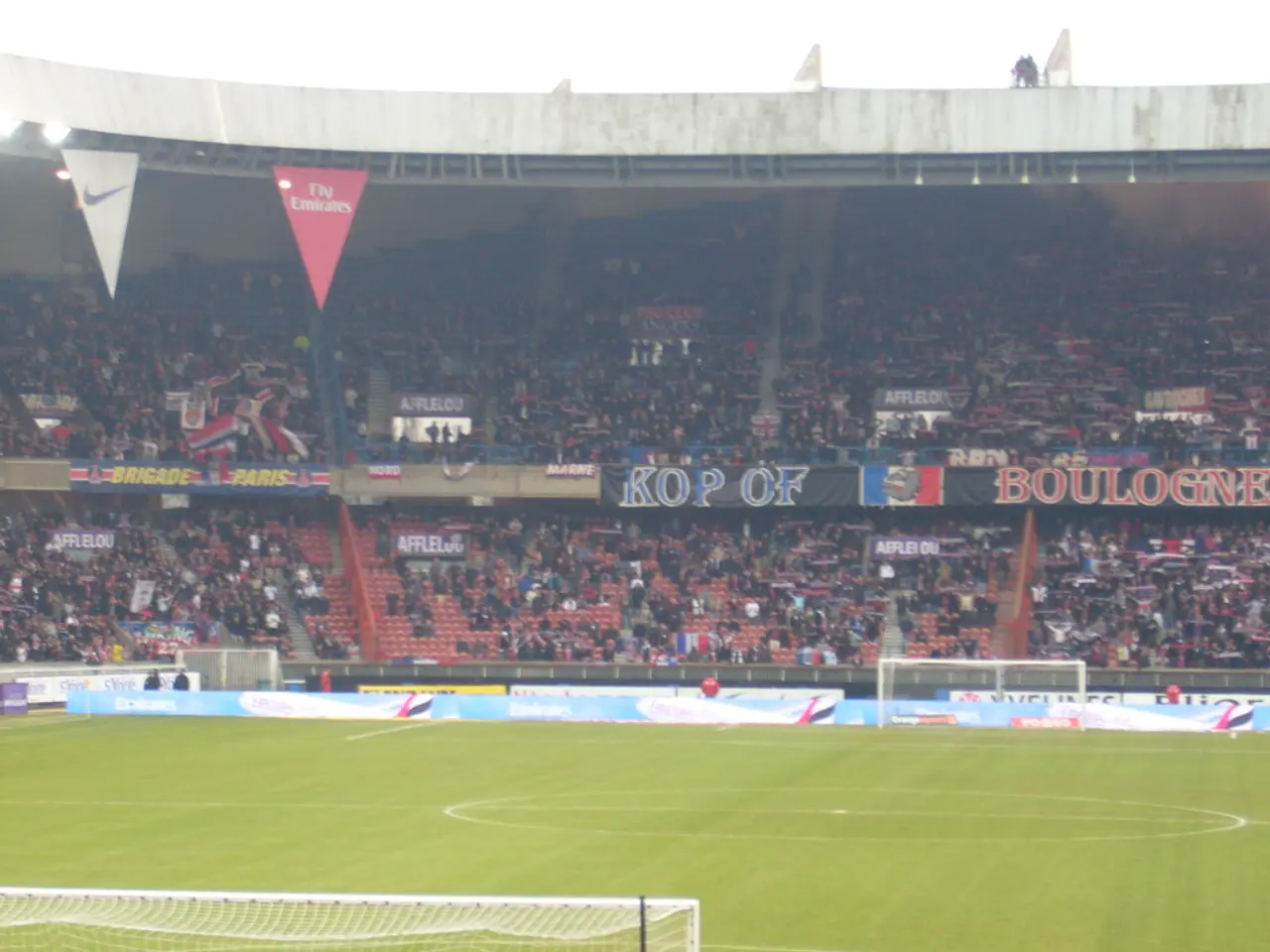Fuel ignited, causing a flame
In early August 2025, the wholesale price of AI-95 gasoline on the St. Petersburg Exchange reached an all-time high of approximately 77,970 rubles per ton (around $965), marking a significant surge in wholesale gasoline prices in Russia.
This price hike can be attributed to a combination of factors, including targeted drone attacks on Russian oil refineries, limited refining capacity, and government export restrictions.
On August 2, 2025, drone attacks on oil refineries caused damage to primary crude processing units with a total capacity of around 40,000 tons per day. The attacks notably shut down Rosneft’s Novokuibyshevsk refinery completely and halved output at the Ryazan refinery.
The ongoing maintenance and disruptions from these attacks have further exacerbated the limited refining capacity, creating supply shortages during peak summer demand, related to agricultural activities and increased road travel.
To secure the domestic market amid these supply strains, the Russian government imposed a full ban on gasoline exports starting July 28, 2025. This move reduced available gasoline for external markets and concentrated supply for domestic use.
The effects of this price spike are far-reaching. There has been a 30% increase in wholesale AI-95 gasoline prices year-to-date, fueling "socially sensitive" concerns about affordability in the domestic market. The federal government is observing a nearly 30% year-on-year drop in oil and gas revenues as of July 2025, affected by these disruptions and reduced export volumes.
Furthermore, repairs to damaged refineries could take between one month to six months, prolonging supply imbalances and market instability. This could lead to potential further price volatility in the near term.
Looking ahead, prices are expected to continue rising or remain elevated due to ongoing refinery repair timelines, limited refining capacity, and persistent domestic demand. The effectiveness of export bans and possible additional government interventions will influence how quickly the market stabilizes.
If drone attacks continue, Russia’s refining infrastructure and gasoline supply chain could face repeated disruptions, possibly driving prices higher or causing supply shortages. Seasonal demand factors, especially agricultural and travel-related consumption, will further pressure the domestic gasoline market into late summer 2025.
FAС is actively monitoring prices at around 12,000 gas stations to identify violations of antitrust legislation. Analysts believe the export ban may be extended until the end of September. The government has implemented an export ban on gasoline from producers with an annual output of over 1 million tons, effective from July 30 to August 31.
In an effort to ensure transparency in pricing and minimize risks of unjustified price increases, the minimum volume of gasoline sales on the exchange may increase from 15% to 17%. Currently, four antitrust cases for unjustified price increases at gas stations are being considered in territorial organs.
Rinat Fattakhov, Vice-President of the Russian Fuel Union, notes that there is no increase in supply on the exchange and seasonal demand is slightly growing. He suggests possible measures the government could take to address potential reductions in petroleum product production, including a ban on exports to EAEU countries, increasing supplies of Belarusian gasoline on the St. Petersburg Exchange, and launching reserve refinery capacities if technically feasible.
The Russian oil products market remains in surplus, according to the Ministry of Energy. Since the beginning of 2025, average retail gasoline prices have increased by 4.61% with inflation at 4.51%, according to Rosstat.
Despite the current challenges, domestic gasoline prices are currently more favorable than export prices, and fuel supplies abroad continue, albeit at a reduced rate. Kirill Bakhtin expects the export ban to have an effect in August by lowering wholesale prices.
In summary, this unprecedented pricing event is driven by a confluence of supply disruptions from targeted drone strikes, government export restrictions to secure domestic supply, and seasonal demand pressures, leading to record wholesale AI-95 gasoline prices on the St. Petersburg Exchange and a challenging outlook for market stability in the coming months.
- The increase in wholesale AI-95 gasoline prices by 30% year-to-date in Russia, fueling concerns about affordability, has a significant impact on the sports industry as higher fuel costs impact transportation and logistics for sports events.
- A potential outcome of further price volatility and potential supply shortages in the Russian gasoline market could be the cancellation or postponement of various sports events that rely on the transportation of equipment and athletes, due to the increased cost and uncertainty of fuel supplies.







